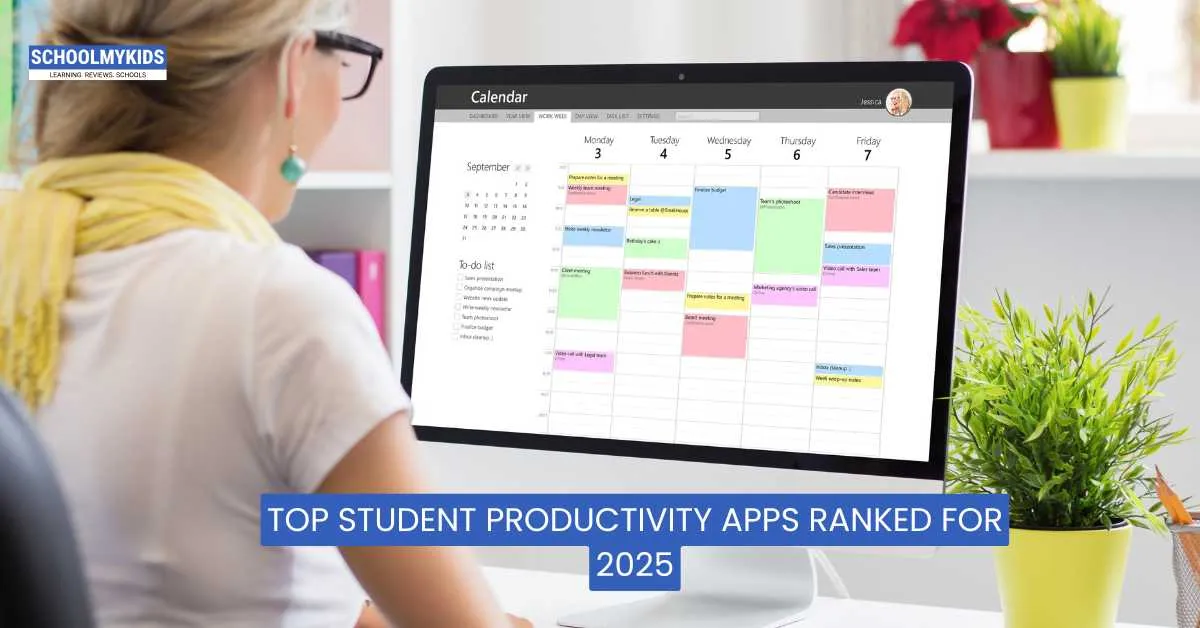The app market is saturated with productivity tools promising to revolutionize your study habits, but which ones actually deliver results for students? After extensive testing and feedback from thousands of students, here's a comprehensive ranking of the most effective productivity apps for 2025.
Note-Taking Champions
1. Notion: Notion continues to dominate the student productivity space with its all-in-one approach. Its database functionality, template system, and seamless integration of text, media, and organization tools make it invaluable for complex projects and research. The learning curve is steep, but the payoff is enormous for students managing multiple courses and extracurricular activities.
2. Obsidian: Perfect for students who think in networks and connections, Obsidian's graph view helps you visualize relationships between concepts across different subjects. Its markdown-based system and powerful linking capabilities make it excellent for research-heavy disciplines and long-term knowledge building.
3. GoodNotes: Still the gold standard for handwritten digital notes, especially on iPad. The recent AI-powered search and organization features make handwritten notes as searchable and organized as typed ones. Ideal for STEM subjects requiring equations and diagrams.
Task and Project Management
1. Todoist: Todoist's natural language processing and smart scheduling make it effortless to capture and organize tasks. The project templates for students and excellent collaboration features for group projects set it apart from competitors.
2. TickTick: Often overlooked, TickTick combines task management with calendar integration and Pomodoro timers. The habit tracking feature is particularly useful for building consistent study routines.
3. Things 3 (iOS/Mac only): Beautiful design and intuitive, natural planning methodology make Things 3 a joy to use. The award-winning interface reduces friction in task capture and review, though it's limited to Apple devices.
Focus and Time Management
1. Freedom: Freedom's cross-device blocking capabilities make it the most comprehensive solution for digital distraction management. The ability to schedule focused sessions across all devices simultaneously is unmatched.
2. Forest: The gamification approach of growing virtual trees while staying focused resonates with many students. The social features and real tree planting partnerships add meaningful impact to productivity efforts.
3. Cold Turkey Blocker: The most robust free website and app blocking solution. Advanced users appreciate the detailed scheduling options and the difficulty of circumventing blocks during study sessions.
Calendar and Scheduling
1. Google Calendar: The universal standard for good reason. Seamless integration with educational platforms, excellent sharing capabilities for group projects, and reliable cross-device synchronization make it essential.
2. Calendly: Invaluable for students managing office hours, study groups, and project meetings. The ability to set availability preferences and automatically handle scheduling conflicts saves hours of coordination time.
3. Fantastical (Apple devices): Superior natural language event creation and a beautiful interface make calendar management effortless. The menu bar widget provides quick access without disrupting workflow.
Research and Reference Management
1. Zotero: Essential for any student dealing with academic sources. Automatic citation generation, PDF annotation, and collaboration features make research projects significantly more manageable.
2. Mendeley: Strong alternative to Zotero with excellent PDF annotation tools and social networking features for discovering relevant research.
3. RefWorks: Institutional access through many universities makes it a viable option, though the interface feels dated compared to alternatives.
Study-Specific Tools
1. Anki: The most powerful spaced repetition system available. Essential for medical students, language learners, and anyone needing to memorize large amounts of information. The learning curve is worth the investment.
2. Quizlet: More user-friendly than Anki with good collaborative features for study groups. The AI-powered study modes adapt to your learning progress.
3. RemNote: Combines note-taking with spaced repetition, allowing you to create flashcards directly from your notes. Perfect for students who want integrated learning and review.
Communication and Collaboration
1. Discord: Increasingly popular for study groups and academic communities. Screen sharing, voice channels, and organized conversation threads make it ideal for collaborative learning.
2. Slack: More professional interface makes it suitable for serious academic projects and research groups. Excellent search and file-sharing capabilities.
3. Microsoft Teams: Often required by institutions, Teams provides solid collaboration features, though the interface can feel cluttered compared to alternatives.
The Winning Combination
The most successful students typically use 3-5 core apps that integrate well together:
- Core Setup: Notion + Todoist + Google Calendar + Anki + Freedom
- Apple Ecosystem: Things 3 + GoodNotes + Fantastical + Anki + Freedom
- Budget-Conscious: Google Workspace + Anki + Cold Turkey + Discord
2025 Trends to Watch
AI integration is becoming standard, with apps like Notion AI and GPT-powered study assistants changing how students interact with their tools. Voice-to-text improvements are making mobile capture more viable, while better cross-platform synchronization continues to improve workflows.
The key isn't finding the "perfect" app, but building a system of tools that work together seamlessly and match your learning style and academic demands.








Be the first one to comment on this story.